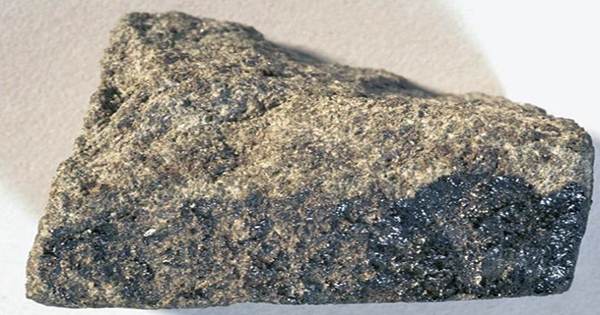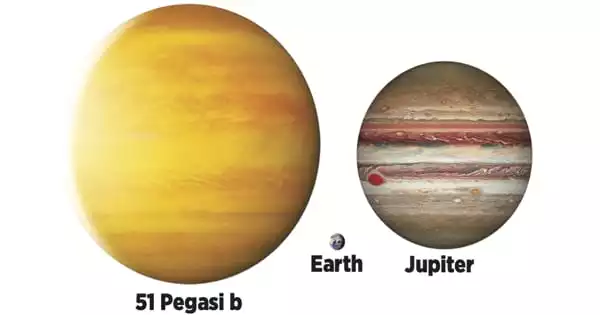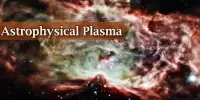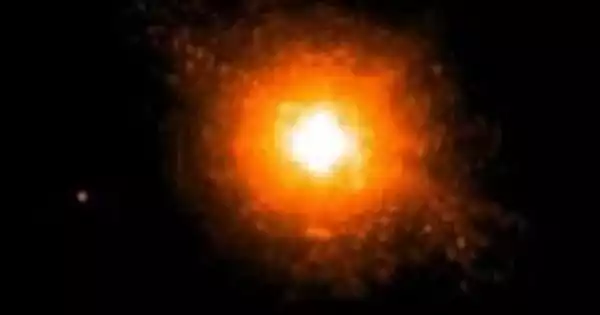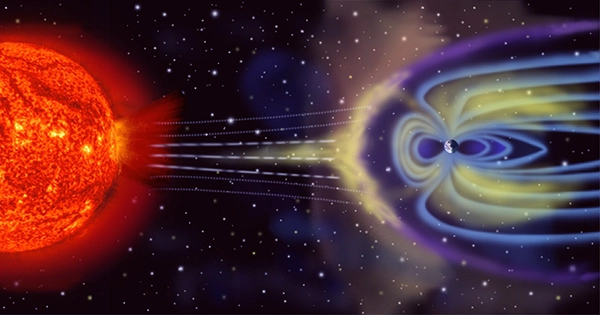A few months ago, a meteor statue was spotted in the town of Winchcombe in the United Kingdom. Multiple videos of meteors burning in the atmosphere were recorded for cameras on the UK Fireball Network, and the actual pieces of Space Rock were found. And it turned out that, as suggested by immediate observations, it was a very special search. The Winchcom meteor is now officially classified as a member of the CM (“Mighei-like”) carbonaceous chondritis meteor group with the approval of the Meteorological Society. There are 15 more CM Falls and more than 400 record searches. There are more than 65,000 meteors on record.
Preliminary research has shown that it is as old as the solar system, so it could give us some important clues as to what our planet looked like 4.5 billion years ago. It seems to contain exciting molecules that could inform how building blocks for life enter our planet. Dr. Queenie Chan from Royal Holloway, University of London said in a statement, “Preliminary analyzes by teams [SIC] confirm that Winchcomb contains a wide range of organic matter! Studying meteorites just weeks after the fall, before any significant earthworm contamination, means we’re going back in time to the elements present at birth, in the solar system, and they to learn how to come together to create a planet like Earth.
Carbonaceous chondritis are very rare and the original bodies of these cosmic rocks were recently visited by asteroids such as Ryugu and Bennu, which were inspected by the Japanese Space Agency’s (JAX) Hayabusa-2 and NASA’s OSIRIS-Rex, respectively. Both spacecraft collected samples from asteroids to better understand the origin of the solar system. Ongoing work on the Winchcombe rocks would be an unprecedented addition to this investigation. “The dream of being able to investigate Winchcom is a reality. Many of us have spent our entire careers studying such rare weather. We are also involved in the Jacquard Hayabusa 2 and NASA’s OSIRIS-Rex mission, which aims to bring back the original samples of carbonaceous asteroids to Earth.” Dr. from the University of Glasgow. Luke Daly and co-lead of the UK Fireball Network, added.
